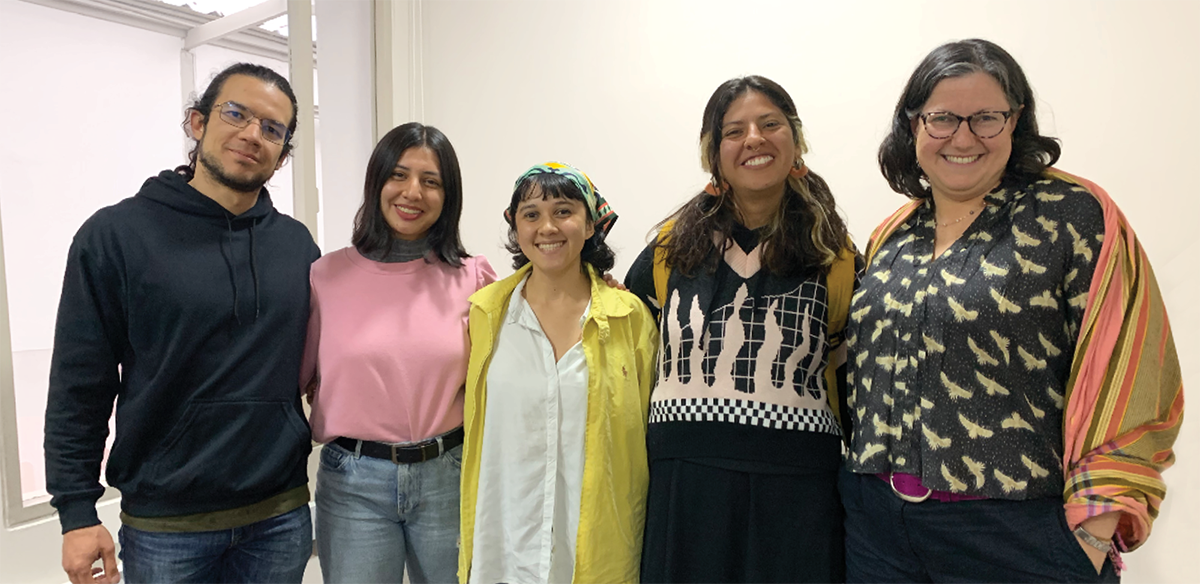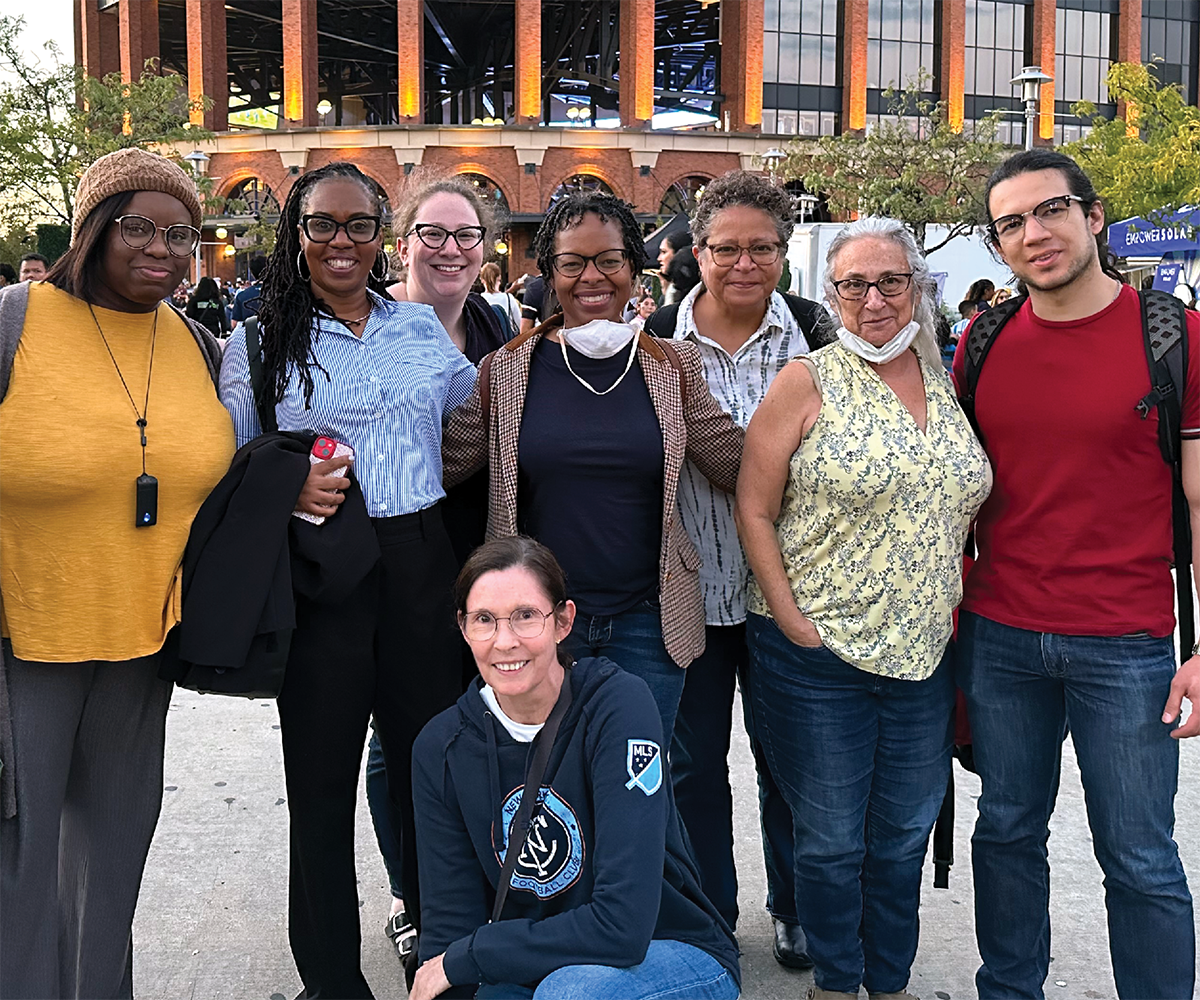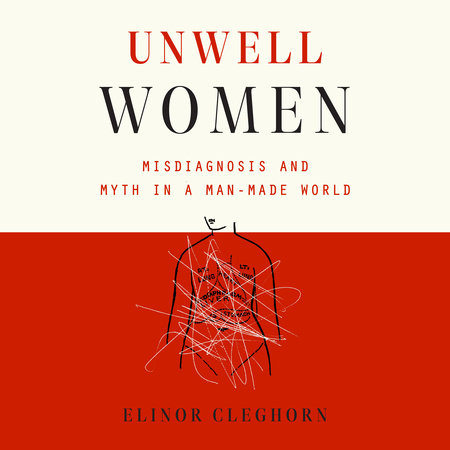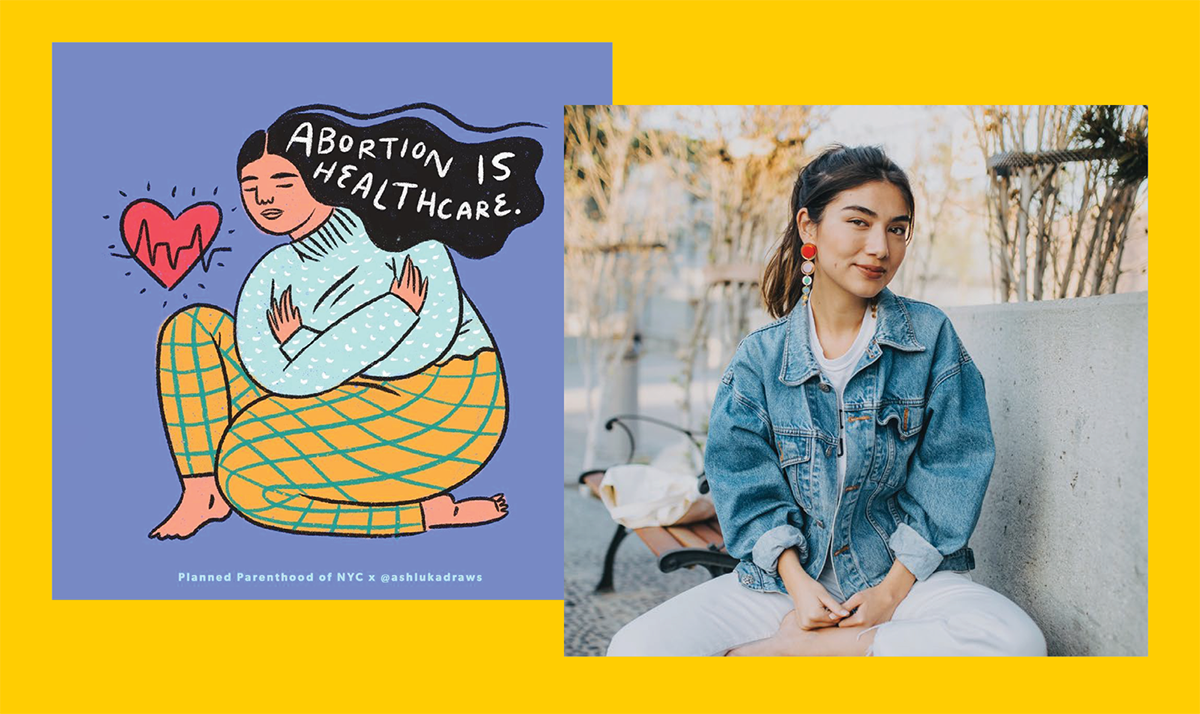From Our Acting CEO
As we approach 2024, I’d like to share what you can expect from Guttmacher in what promises to be a critical year for sexual and reproductive health and rights (SRHR).
In the United States, where abortion is now banned in 14 states and restricted in many others, we will continue to document the impact of the Dobbs decision. Our researchers will produce monthly estimates of facility-based abortion provision, and our policy experts will document state policy trends in real time. We’ll also test new approaches for measuring self-managed abortion in states with restrictive abortion policies, adapting methods we’ve developed in countries that restrict abortion. We’ll work with state advocates and policymakers to translate this evidence into policy change.
Meanwhile, we’ll be watching for the Supreme Court’s decision regarding provision of mifepristone, in a case brought by anti-abortion activists seeking to chip away at Americans’ access to medication abortion. Recognizing that attacks on abortion are part of a larger assault on bodily autonomy, we’ll continue to track restrictions on contraception and the effects of Dobbs on safety-net family planning providers, as well as attacks on gender-affirming care. Across all of our efforts, we’ll call attention to the disproportionate effects bans and restrictions have on marginalized communities.
Globally, we’re witnessing a similarly troubling wave of anti-SRHR attacks, often involving the same deep-pocketed ultraconservative activists behind Dobbs. Against this backdrop, we’ll highlight the continued importance of the Guttmacher–Lancet Commission’s visionary agenda for SRHR and release timely new evidence from two of Guttmacher’s flagship projects: our study that measures trends in abortion and unintended pregnancy around the world and our Adding It Up study analyzing the costs and benefits of investing in SRH services. We’ll also release new research on SRH needs in humanitarian contexts, including a major study of the reproductive health needs of Rohingya refugees in Bangladesh.
In 2024, our Board will embark on a search for a new CEO, who will lead us into the next chapter of our history. We’re excited about what the future holds while remaining laser-focused on meeting the urgency of this moment.
The partnership of our allies and supporters is critical to our success. Thank you for standing with us.
With heartfelt hope for a peaceful year ahead,
Jonathan Wittenberg, Acting CEO
 Daniel Arango Arango (left), of Fundación Oriéntame, poses with Ann M. Moore (right), of the Guttmacher Institute, and the three participants in the mystery client misoprostol project.
Daniel Arango Arango (left), of Fundación Oriéntame, poses with Ann M. Moore (right), of the Guttmacher Institute, and the three participants in the mystery client misoprostol project.
 Daniel (right) and a group of Guttmacher staffers attended a Major League Soccer game at Citi Field, in New York City, in September during his fellowship visit.
Daniel (right) and a group of Guttmacher staffers attended a Major League Soccer game at Citi Field, in New York City, in September during his fellowship visit.


